By the start of the winter term 2024/25, Prof. Koch will contribute his broad expertise in management & leadership to the masterclass of the Executive MBA Innovation, Digitalization & Entrepreneurship for the first time (module "Organizing Innovation"). In addition to his long-standing professional exchange with participants of the Executive MBA Strategic Management & Technology, we look forward to continuing our close collaboration with Prof. Koch in the upcoming academic year. We took the extended teaching activities as an opportunity to ask Prof. Koch for an interview:
Prof. Koch, you are an expert in the fields of strategic management, organizations and entrepreneurship. You pay particular attention to strategic practices, heuristics and creativity. Have there been essential changes in these areas in recent years in our fast-paced working world?
Yes, very diverse, both in terms of practice and the way in which we understand this working world in its dynamics - but often also with all its "organizational incrustations". One of the central moments of these developments seems to me to lie in the simultaneity of essentially contradictory expectations: both more autonomy and at the same time more control, more opportunities with a simultaneous increase in restrictions. Organizations that know how to develop these tensions, contradictions and paradoxes productively are clearly at an advantage. However, there are no simple recipes or solutions for this, and it seems to me that perhaps the most fundamental change ultimately lies in this insight. The desire for simplification and orientation is just as understandable as the need to be able to deal with increasing complexity, but also to have to deal with it. This wheel cannot be turned back and generative AI is in this sense just another accelerator for this process.
The ecosystem of creative processes
"Entrepreneurial creativity" and the relationships between organizations and emerging markets are also part of your research. Where do you see (necessary) innovations for companies in view of the comprehensive technological developments that are now accompanying us?
There are many indications that meaningful (and at the same time useful) answers to the changes mentioned above can only be found through creative action and that creativity today in many areas is a "collective accomplishment" and not primarily an individual achievement. In this sense, the boundaries between organizations and their environment are becoming increasingly permeable, especially in phases of the emergence of completely new markets. This is what the term "ecosystem" stands for and I believe that it is becoming increasingly important for companies to recognize and understand the ecosystem in which they are embedded, to which they (should) be connected and how they (can) interact with this ecosystem.
Let's talk about Start-ups - another part of your research. Is the hype surrounding start-ups still unbroken - both on the part of young entrepreneurs and investors?
Founding a company and, in particular, jumping on the bandwagon of AI and scalability with a business concept at the moment undoubtedly has a lot of hype. But you shouldn't be under any illusions, because the drop-out rate is extremely high and a single keynote from Apple, for example, probably destroys hundreds of business ideas that were still considered interesting somewhere in the world yesterday. However, I think it makes a lot of sense for as many people as possible to take a closer look at the idea of setting up a company, implementing an idea and taking the first steps in this direction. There is no substitute for the experience you gain in the process, similar to that of a longer stay abroad.
When practice-orientation leads to success
Specifically about our two masterclasses "Strategic Management & Technology" and "Innovation, Digitalization & Entrepreneurship": how do you support students in transferring the skills and knowledge they have learned into their careers?
For me, executive teaching always focuses on one central perspective: the theories and knowledge we offer in the classroom always ultimately serve to solve practical problems. In this respect, I strive to explore the problem-solving possibilities of our knowledge together with the students. Theories should be understood as tools and also prove themselves as such, i.e. be experienced in the classroom. It is great if students know what significance "induced" and "autonomous strategic action" have for the ability to innovate. However, it is more important that they can also use these approaches to analyse the specific situation and development of their company or organization and then develop logical consequences for their own practical actions from this analysis. If we succeed in doing this together in teaching and the students expand and refine their "toolboxes" accordingly, then we have done a good job.
What advice would you give future managers & founders with regard to successful management?
Michel Foucault once said that there is nothing more important in life and work than becoming someone you were not before. Referring to this, I would say: stay someone who is always involving and try as little as possible to just "be". The guiding principle of my chair has been for many years: "It's work, but we call it passion!" ...Do we always succeed? Not always, but we never stop working on it.
What personal interests or passions led you to become a lecturer for our Executive MBAs?
Even if you refer to me here as a "teacher", I am always a learner too. That's a great privilege and, as I've already mentioned, it's work, but...
Thank you very much for the interesting talk, Prof. Koch!
>> More insights into the teaching and research activities of Prof. Dr. Jochen Koch can be found on the youtube-channel Reflectory, opens an external URL in a new window.
Discover more about our Executive MBAs in Management & Leadership
With our Executive MBA programs Strategic Management & Technology and Innovation, Digitalization & Entrepreneurship, participants gain knowledge for long-term, successful management. From strategic planning and leadership to innovative thinking (in your own) entrepreneurship. We offer expert lecturers, a practice-oriented exchange of knowledge and an international network of students.
For a personal consultation for your right MBA-program, you can arrange an individual (virtual) appointment directly, opens an external URL in a new window with Vanessa Racz (Senior Program Manager - Management & Leadership) or write us an e-mail at mba@tuwien.ac.at.
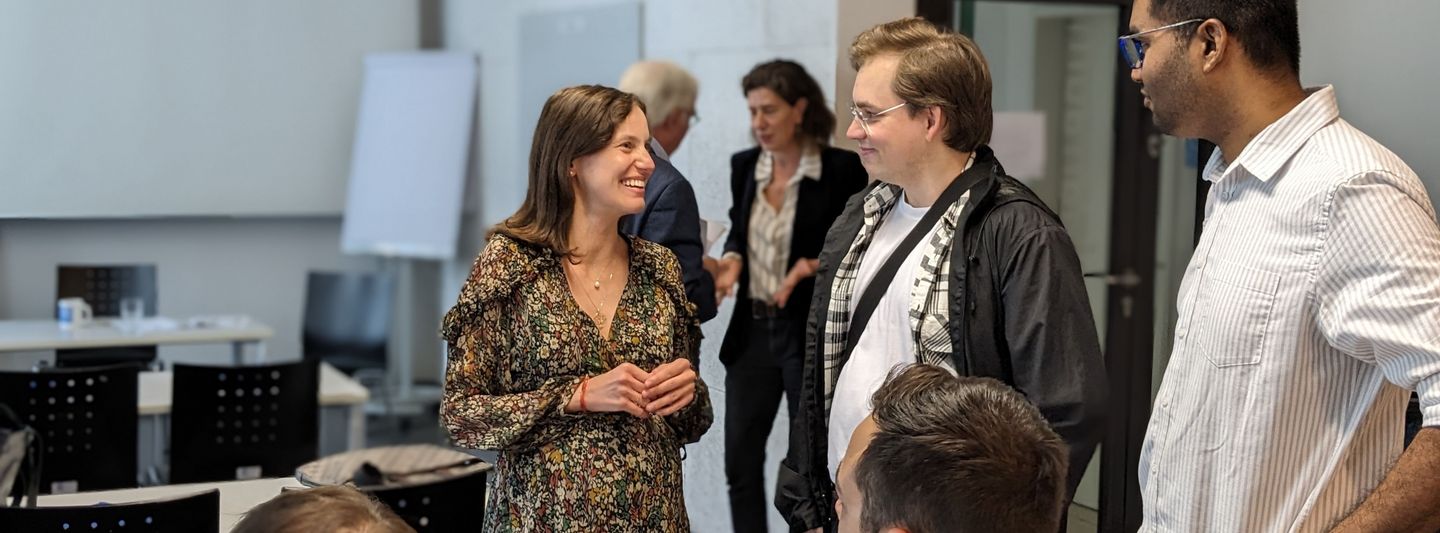
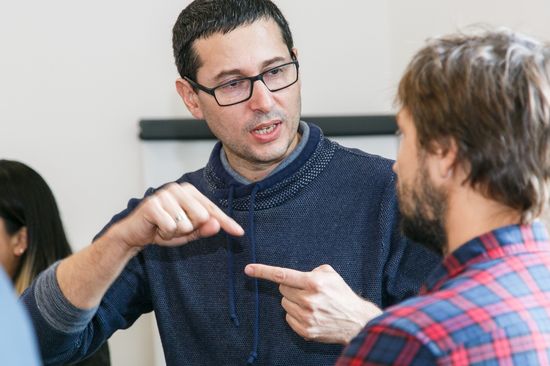
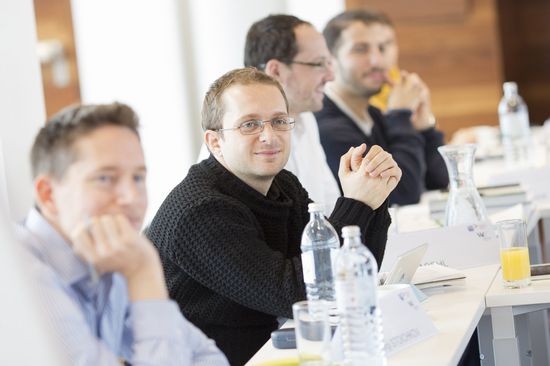

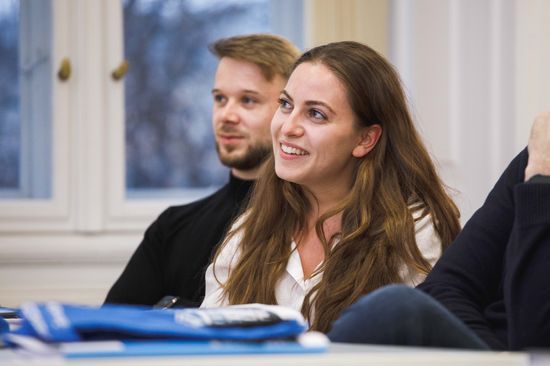
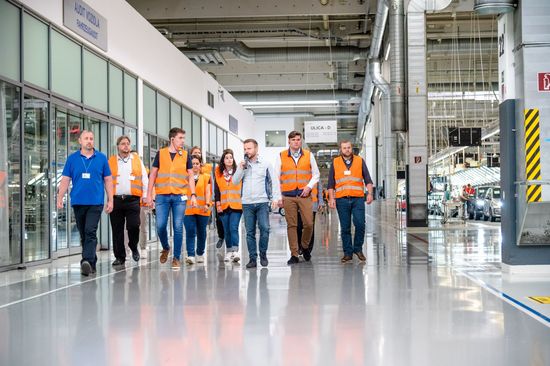
![[Translate to English:] Prof. Dr . Jochen Koch](/fileadmin/_processed_/9/1/csm_Koch_a1b1beb577.jpg)
![[Translate to English:] TUW Hauptgebäude](/fileadmin/_processed_/d/0/csm_tu_hauptgebaeude__c__tu_wien_Matthias-Heisler-goemb_650c7e6438.jpg)
![[Translate to English:] Vienna Skyline](/fileadmin/_processed_/4/7/csm__MG_3569_1ba98cf2b6.jpg)
![[Translate to English:] PlusEnergieHaus](/fileadmin/_processed_/8/3/csm_plusenergiebuerohochhaus__c__tu_wien_Matthias_Heisler-goemb.at_64af9dd193.jpg)
![[Translate to English:] TUW Side](/fileadmin/_processed_/8/a/csm_Hauptgebaeude_db30c80f27.jpg)
![[Translate to English:] E.Langegger](/fileadmin/_processed_/3/5/csm_Eileen_Langegger_1d23c32fe3.jpg)
![[Translate to English:] A.Petkov-Georgieva](/fileadmin/_processed_/2/f/csm_Aleks_Petkov-Georgieva_07cd73a630.jpg)
![[Translate to English:] K.Leitner](/fileadmin/_processed_/0/6/csm_Karl-Heinz_Leitner_5ae73aa81f.jpg)
![[Translate to English:] M.Friesl](/fileadmin/_processed_/c/c/csm_Friesl_Martin_d68eb02802.jpg)